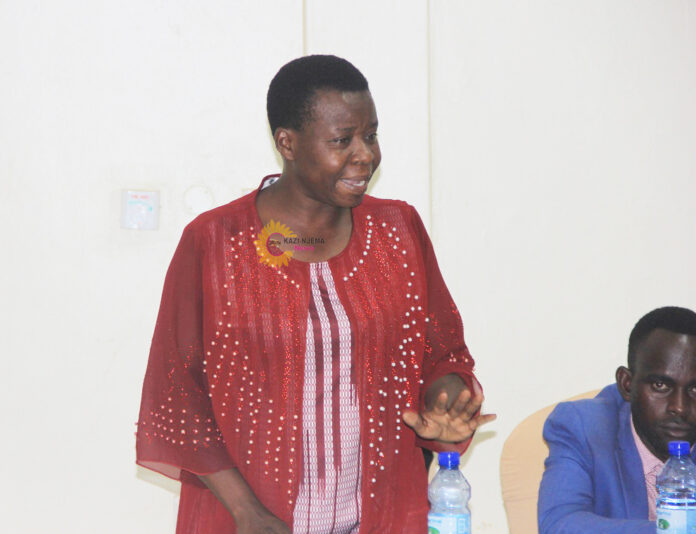

The bureaucracy involved in the remittance and untimely channelling of public funds to lower local governments in Uganda, has created a huge vacuum in service delivery and an inability to recruit more technocrats to render services to the community, observe local government leaders of Bunyoro Region.
Inefficiency in service delivery, difficulty in managing ongoing government programmes and budgeting for other programmes have been hampered by the many procedures always followed in the line government ministries and agencies and by the time the funds reach the local governments, time has already run out for the money to be used for its intended work.

Mr Simon Byaruhanga, the Masindi District Male Youth Councillor, says health care facilities, educational establishments, road infrastructure and the construction sector inter-alia suffer more yet they are non-trivial in letting the community receive their basic needs.
He stresses that sending this money at an inappropriate time deprives communities of their right to enjoy the services since work cannot be fully executed in the remaining shortest time for people to use the facilities.

The politician continues that untimely remittance of funds has also affected man power that has left lower local governments devoid of personnel citing Waiga primary school in Masindi district with a population of more than 1,600 pupils but with only six teachers including the head teacher to attend to the learners.
This means at some point some pupils are not attended to.

Mr Byaruhanga is displeased that the government’s continued holding and suspension of the recruitment exercise of civil servants has left gaps in the public service due to retirements of workers in different departments of the public sector.
He discloses that the recently remitted Shs900m towards the end of the 2022/23 financial year from the public service made it hard for the relevant authorities to utilise it for provision of services.

The councillor calls for concerted efforts by different stakeholders including Civil Society Organisations (CSOs) to engage, attract and bring to the attention of the Public Service Commission (PSC) the numerous weaknesses related to service delivery due to inadequate personnel.
Mr Byaruhanga also wants increased supervision especially in the education sector, being optimistic that these measures will improve service delivery in areas of weaknesses.
“Normally, service delivery is low due to lack of funds and sometimes we receive funds late from the Public Service Commission towards the end of the financial year. So, we cannot be able to use this money but instead we send it back. This renders us unable to recruit new service providers because there are many issues involved in the process through which we need to undergo during recruitment,” he explains.
Mr Adolf Kato, the Masindi Acting District Education Officer, says schools find it hard to determine teachers’ absenteeism because of the lack of the Education Management Information System (EMIS) that would assist in monitoring them.
He also reveals that Masindi district education department has only one school inspector which makes work difficult for him since he cannot inspect all schools in the entire district.
However, Ms Norah Basemera, a member of Community Driven Network (CODNET) Uganda, blames district stakeholders for failing to recruit government employees on the basis of nepotism and graft.
Mr Ismail Kusemererwa, the Executive Director (ED) at Mid-western Region Anti-Corruption Coalition (MIRAC), attributes poor service delivery in government institutions to misuse of public funds and poor mindset among key stakeholders about the need to streamline systems.
He says this hinges on corruption as some of the service providers tend to divert and misappropriate public funds.
Dr Alex Afeti, the Buliisa District Health Officer, calls for mindset change and ensure that delivering services to the populace should be streamlined for a better Uganda.
Mr Peter Banura, the Kikuube District Local Government Chairman, calls for public mobilisation and sensitisation about mindset change towards smooth and effective service delivery for the benefit of all citizens.
This was during a dialogue that involved district leaders from Masindi, Buliisa and Kikuube districts at HB Hotel in Hoima city.







































![Turn to what influences journalism in Uganda today [Opinion]](https://kazi-njemanews.com/wp-content/uploads/2024/05/Walukamba-218x150.jpg)
![NAM’s potential should catalyse access to clean, affordable energy [OPINION]](https://kazi-njemanews.com/wp-content/uploads/2024/01/LOIS-soft-218x150.jpg)



